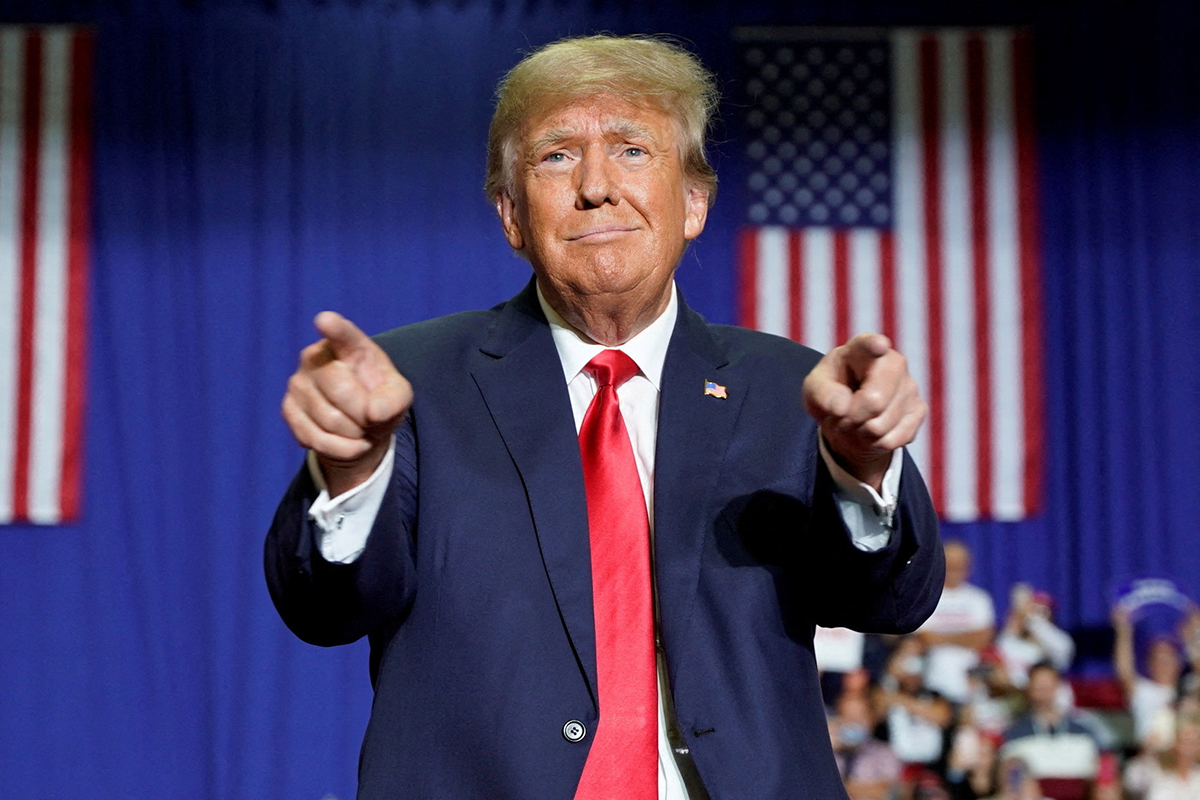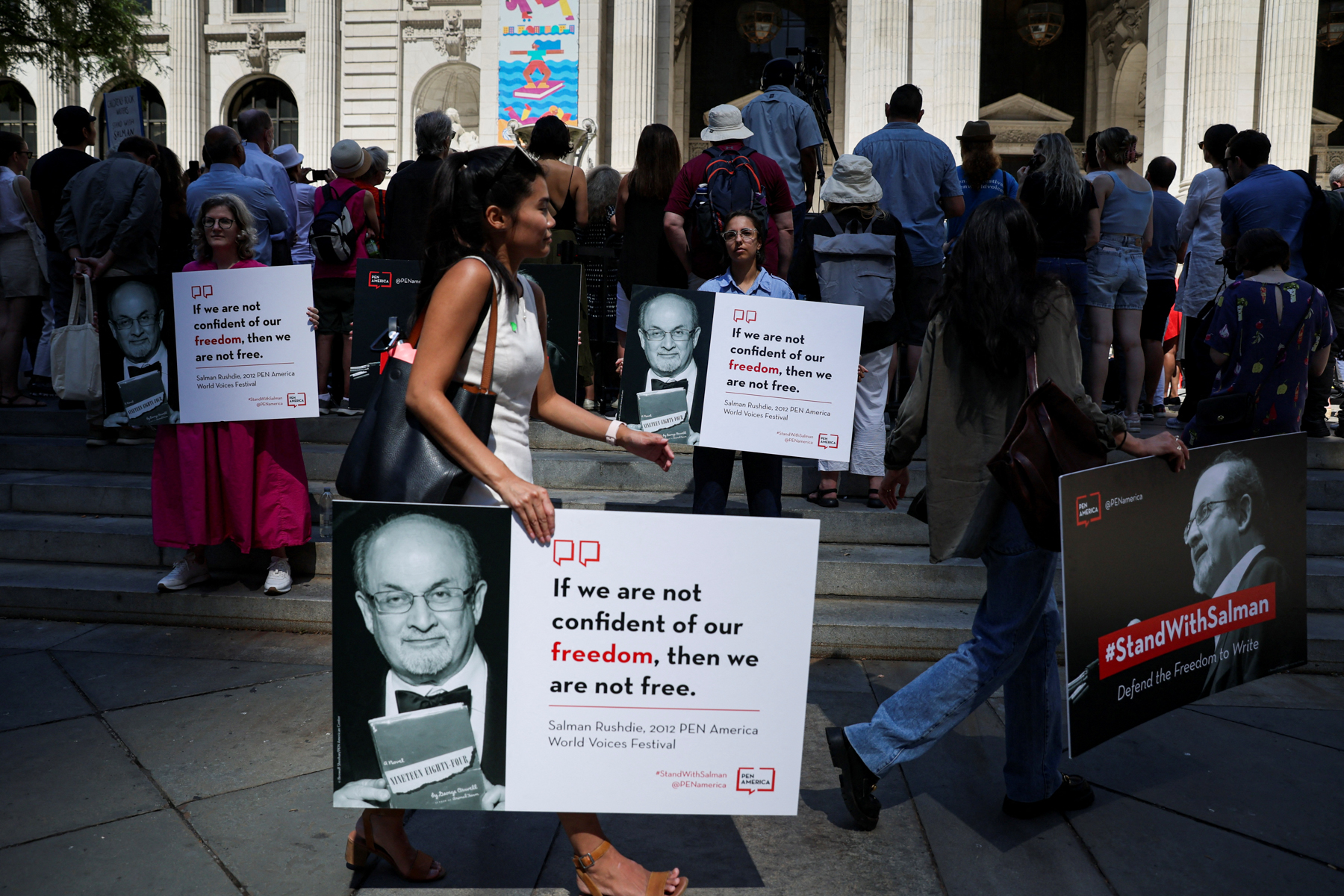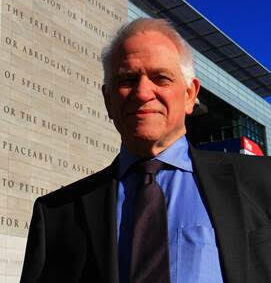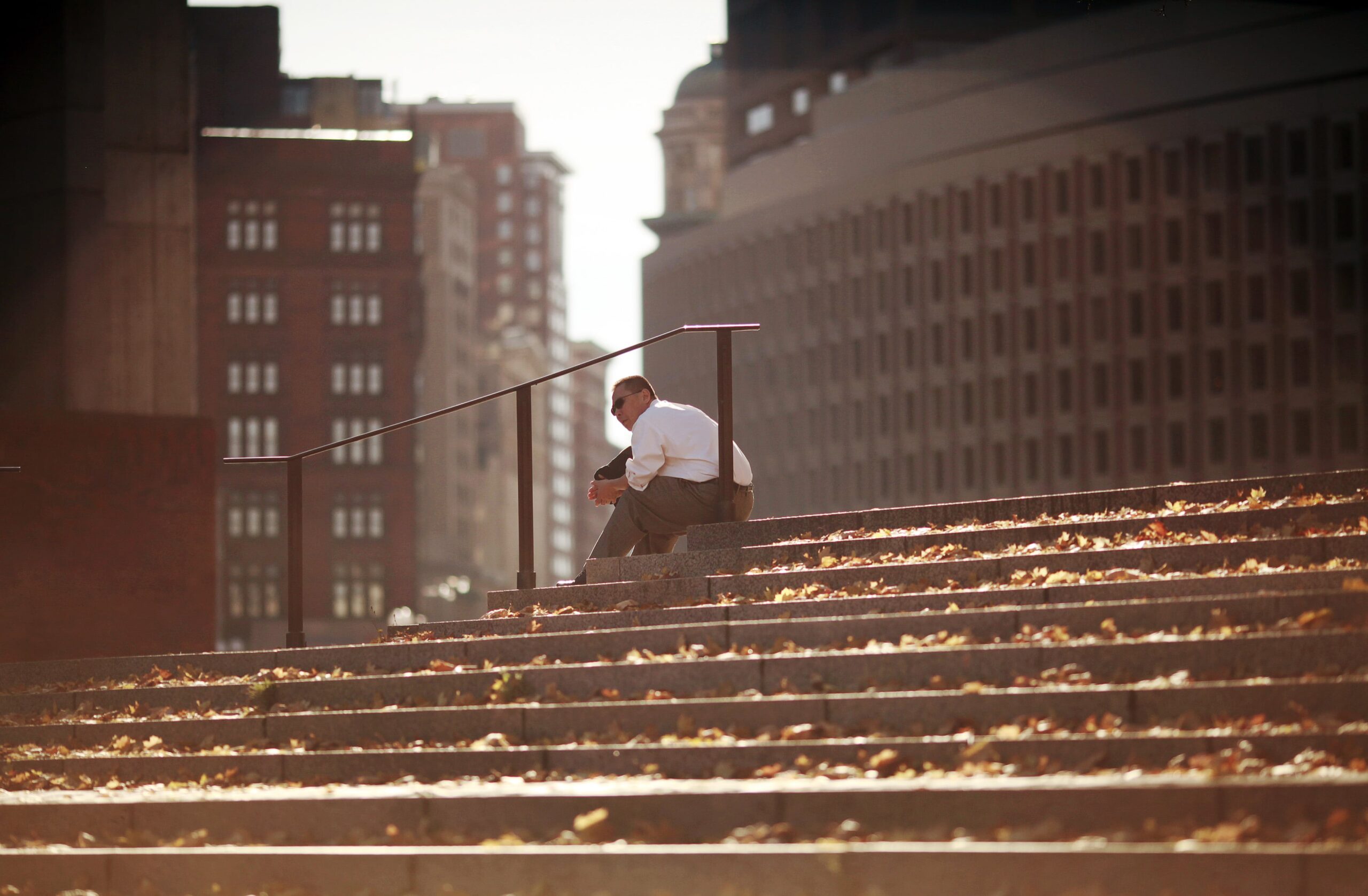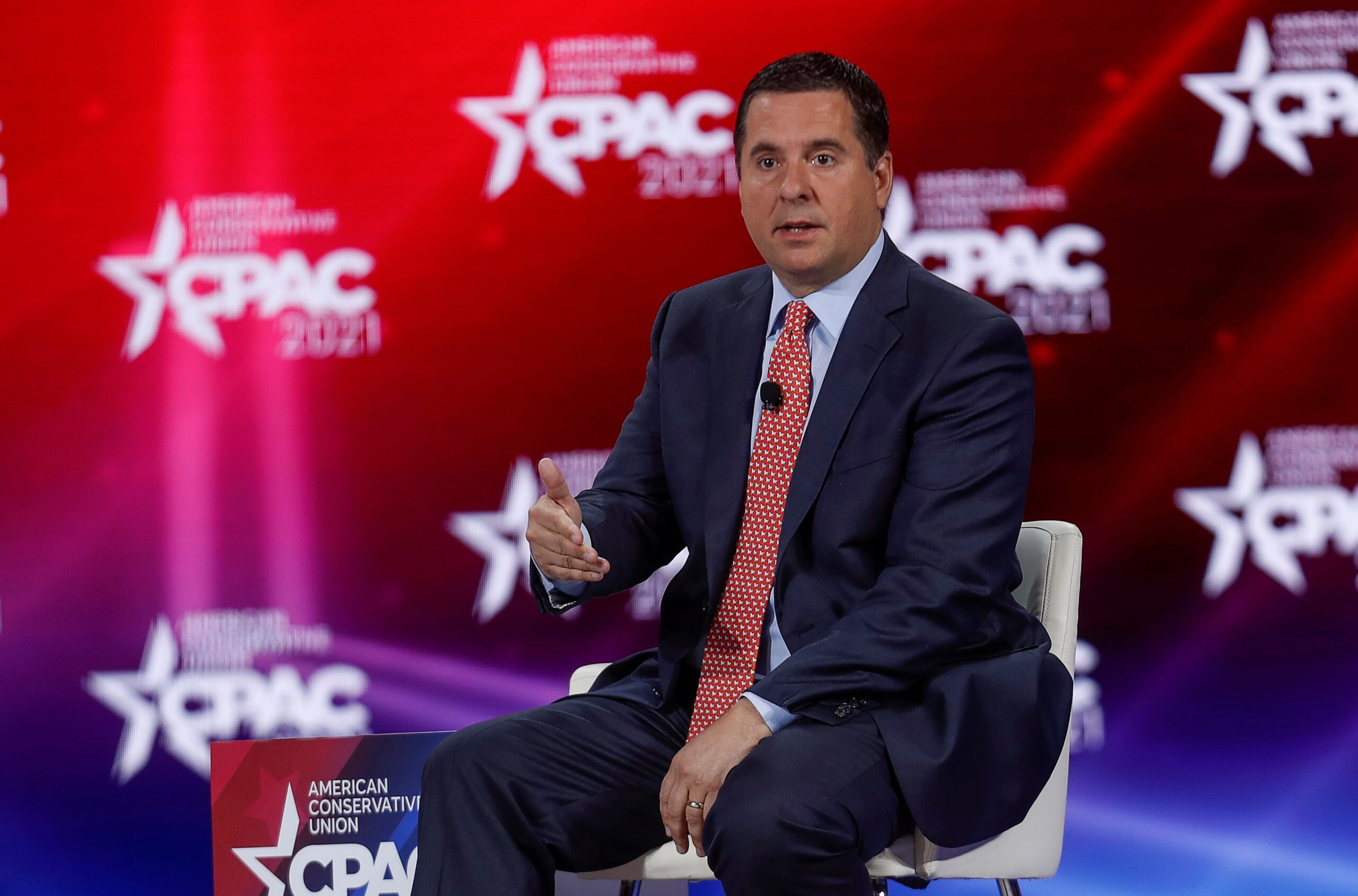First Amendment Scholar Timothy Zick Dismantles Trump v. CNN Lawsuit
Former President Donald Trump filed a $475 million defamation lawsuit against CNN arguing the network has maligned him with “fake news” for the purposes of damaging his political future heading into 2024. First Amendment Watch asked First Amendment scholar Timothy Zick to annotate the 29-page lawsuit for the legal claims it made and the precedents it cited.
A Social Media Censorship Law is Upheld in Texas, Lyrissa Lidsky Weighs In
First Amendment lawyer Lyrissa Lidsky weighs in on a recently upheld social media censorship law in Texas that would bar platforms with more than 50 million users from removing content with political viewpoints. A different circuit court in Florida filed a preliminary injunction against a similar law. Since both federal appeals courts disagreed, only the Supreme Court can decide if the platforms have a First Amendment right to censor, or if they don’t.
Jacob Mchangama on the Long History of Blasphemy Violence in Wake of Rushdie Attack
First Amendment Watch asked Mchangama, a free speech historian and scholar, his perspective on the evolution of blasphemy laws and the context surrounding the vicious attack against Salman Rushdie, a Distinguished Writer in Residence at NYU’s Arthur L. Carter Journalism Institute.
Punishing Disney for Opposing Florida’s ‘Don’t Say Gay’ Law Poses Serious First Amendment Problems
Florida has placed itself at odds with the well-settled First Amendment rule prohibiting government officials from “subjecting an individual to retaliatory actions . . . for speaking out.” Hartman v. Moore, 547 U.S. 250 (2006).
Will a Supreme Court Decision Bring Clarity to the Government Speech Doctrine?
A pending case before the United States Supreme Court about flags and flagpoles could determine two crucial questions for First Amendment law: (1) who is speaking—the government or an individual; and (2) when does the government create an open forum for freedom of expression.
Federal Appeals Court Reinstates Devin Nunes’ Defamation by Implication Claim
Congressman Devin Nunes’ (R-CA) defamation lawsuit over an Esquire article about his family’s dairy farm was reinstated in part on September 15th by a three-judge panel of the Eighth U.S. Circuit Court of Appeals. The panel reasoned that Nunes’ complaint stated a plausible defamation by implication claim that should survive a motion to dismiss.
The Supreme Court's ruling in Mahanoy Area School District v. B.L. was a big victory for cheerleader Brandi Levy. Still, George Washington Law Professor and student speech expert Catherine J. Ross warns that the decision left unanswered many questions regarding school's authority to regulate off-campus speech.
The Pentagon Papers Case—David Rudenstine on its Meaning a Half Century Later
"The Pentagon Papers case affirms fundamental values and principles. Truth matters— facts matter. The role of the press in the American governing scheme is to serve the 'governed' and not the 'governors.' The protection of a 'cantankerous press, an obstinate press, a ubiquitous press' is essential to a vibrant and strong American democracy. That is the profound and enduring meaning of the case," Cardozo Law Professor David Rudenstine writes.
